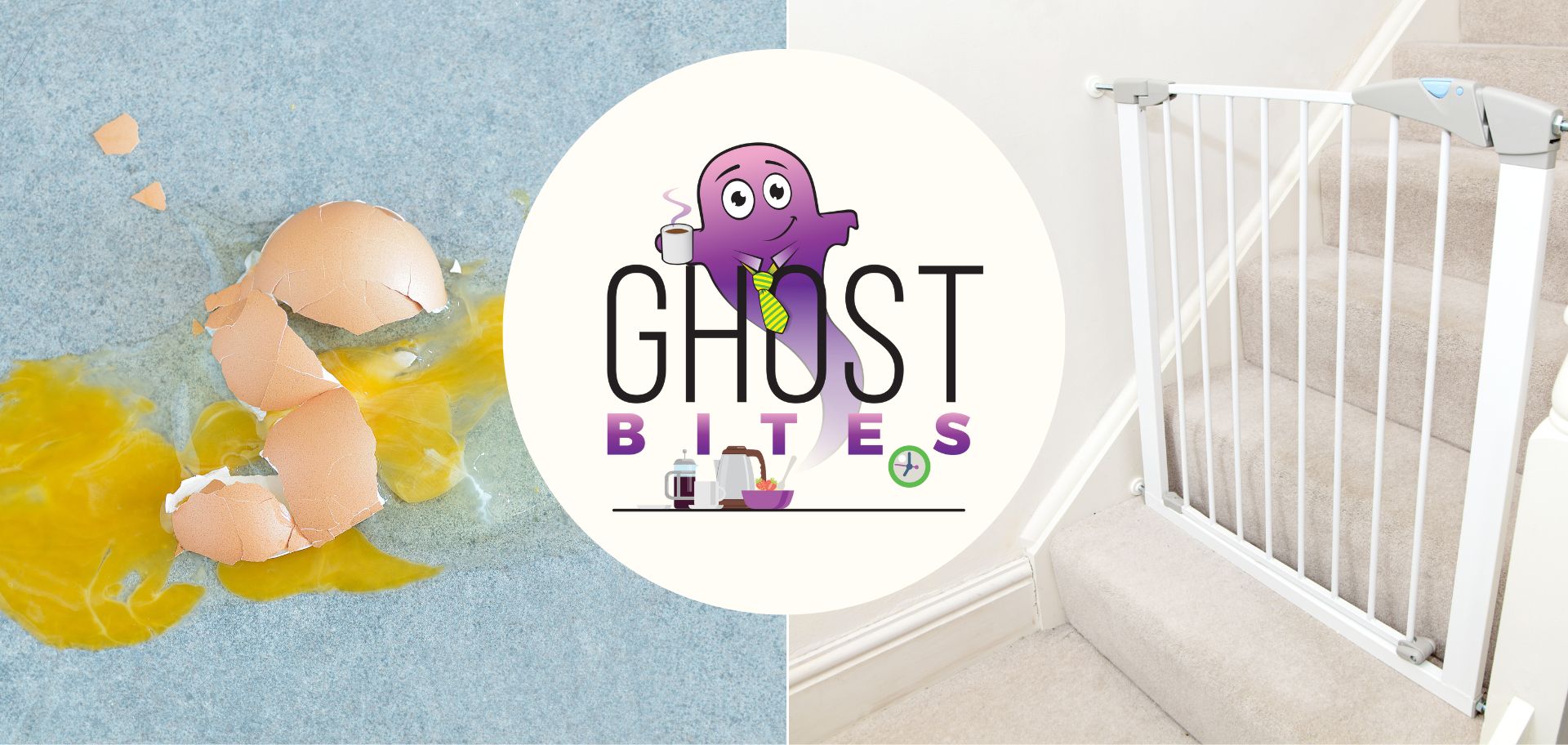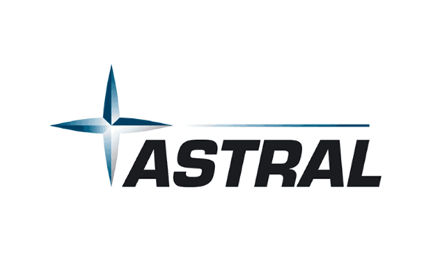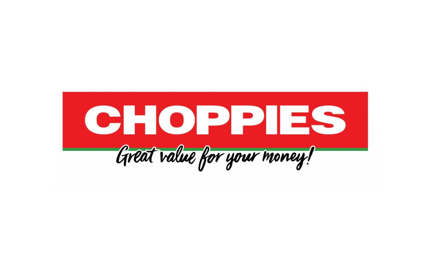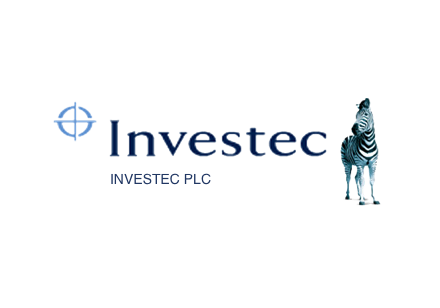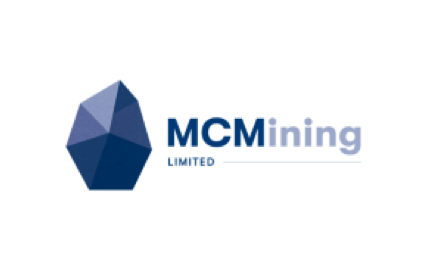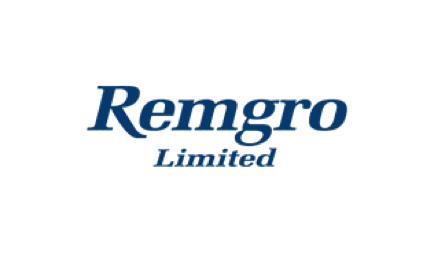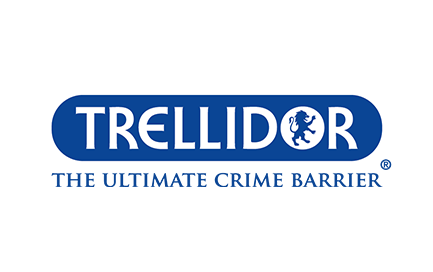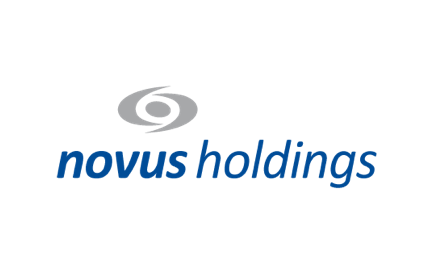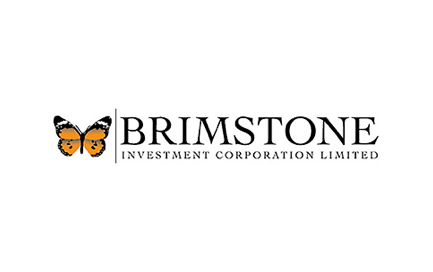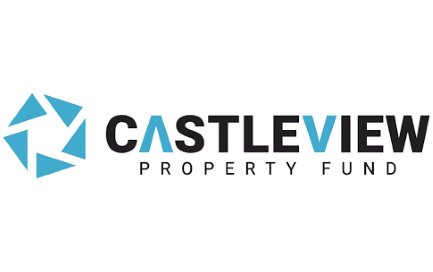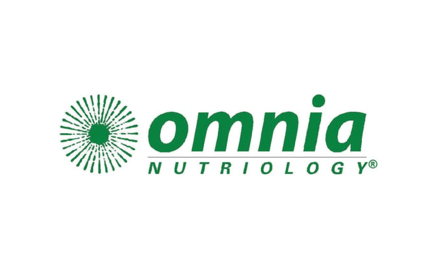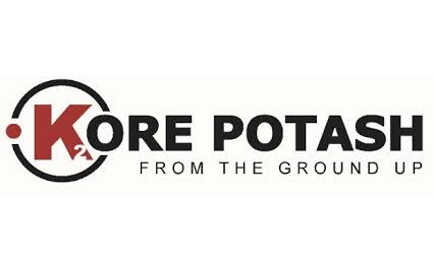Listen to the latest episode of Ghost Wrap here, brought to you by Mazars:
Motherclucker, it’s bad out there for poultry (JSE: ARL)
The Astral Foods update reads like the script of a horror movie
To be quite honest, I’m surprised that the Astral Foods share price only fell by around 11% for the day. There isn’t a single positive thread in the announcement, with problems everywhere you look. Take a swig of your coffee and prepare yourself.
When results were released for the six months to March 2023, it was already made clear to the market that load shedding and these macroeconomic conditions represent serious problems. Things have only gotten worse since then, with load shedding being a R1.9 billion burden for the full financial year ending September 2023 (vs. R741 million in the interim period). This includes R200 million in capital costs to try and address the issue. The rest of the costs include R45 million per month in diesel and other issues like production cutbacks and overtime shifts.
This brings us neatly to the next problem: enormous pressure on chicken prices to consumers. The announcement almost makes it sound like Astral may not be generating much gross profit, let alone net profit. We will need to wait for detailed results to confirm or deny this. Margins on chickens are notoriously thin, so it’s genuinely not impossible for load shedding plus consumer pressures to have smashed gross margin.
And finally, as we reach the end of this horror movie where the frightening character with the chainsaw is waiting behind the door, we find bird flu. In fact, we find the worst bird flu that South Africa has ever witnessed. The total cost of the outbreak is estimated to be R220 million.
It therefore shouldn’t surprise you that headline earnings per share collapsed into a loss of between R18.08 and R18.02. Interestingly, that’s pretty similar to the amount by which the share price dropped on the day of the announcement.
The balance sheet is geared to around 25% and there are no debt covenants. I bet the lenders are starting to wish that they had negotiated a few safety nets for themselves. Things desperately need to change for the poultry industry.
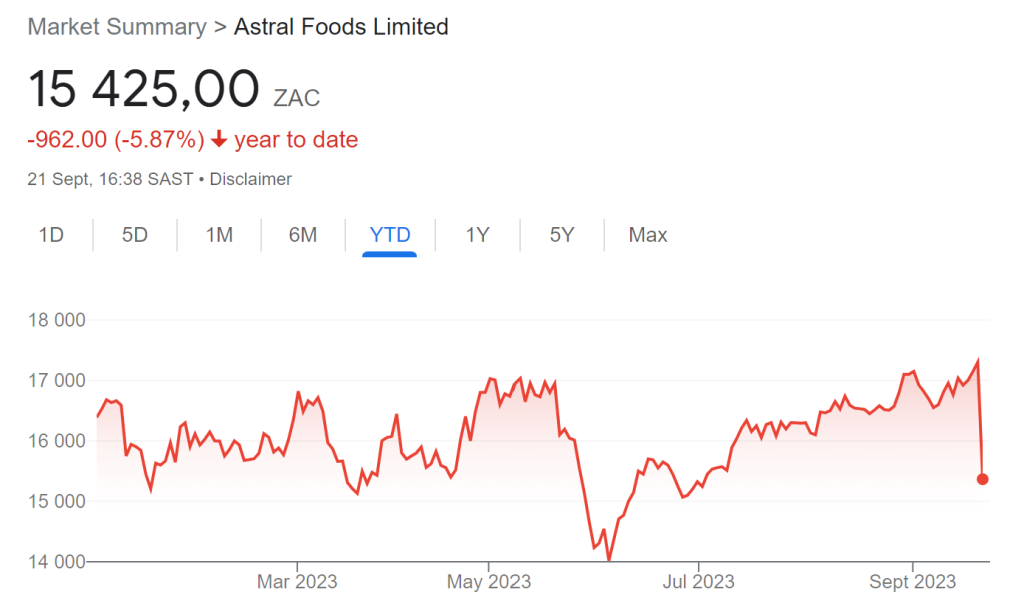
Margins at Choppies have been chopped (JSE: CHP)
It’s very tough out there for retailers
Even beyond South Africa’s borders, things are tough for retailers. It’s incredible to compare the results from Choppies to a company like CA&S Holdings (JSE: CAA), as it shows you how important it is to pick your position in the value chain. CA&S is killing it at the moment in terms of volumes growth, whereas Choppies experienced a drop in volumes on a comparable store basis.
For the year ended June, Choppies grew revenue by 6.4% but saw gross margin decline from 21.6% to 21.1%. Operating margin declined by 36 basis points to 4.26%, with expense growth outpacing revenue growth. Of course, net finance costs also increased.
With all said and done, HEPS fell 7.5% and no dividend was declared in this uncertain environment.
Dividends are back at Discovery (JSE: DSY)
As usual, there are also plenty of accounting adjustments
Discovery is a big fan of releasing “normalised” numbers that tend to look much better than HEPS reported in the good ol’ fashioned way. Before diving into the details, I’ll let you decide based on the share price performance whether the market is terribly interested in management’s view on normalised numbers. Here’s the key statistic: Discovery is currently trading at similar prices to 2015.
For long-term holders, the only benefit to being involved in Discovery has been free smoothies at Kauai.
I will therefore just focus on headline earnings, which increased by 5%. If you are happy to accept normalisation adjustments like removing the effect of interest rates, then normalised HEPS increased 32%.
A dividend of 110 cents has been declared. On the current share price of R147, that’s a yield of just 0.75%.
Another relevant metric is embedded value per share, which is R149.11. Return on embedded value was 13.2%, which I believe is why the share price is quite similar to embedded value. Still, there are other financial institutions I would own long before Discovery.
The Investec – Rathbones deal has completed (JSE: INP)
The bank now has a significant stake in a much larger UK operation
Investec tried bravely to build from scratch in the UK, but eventually the right way to achieve true scale was to combine the business with another decent-sized player. The merger of Investec Wealth & Investment in the UK with Rathbones Group makes all the sense in the world strategically.
The deal has now become effective, which means that Investec holds a 29.9% stake in voting shares and a whole bunch of convertible non-voting shares as well. The economic interest in the enlarged entity is thus 41.25%, so Investec has relinquished control but has gained exposure to a far more established and powerful business overall.
Investec has appointed two non-executive directors of Rathbones has part of the deal.
Losses narrow at MC Mining (JSE: MCZ)
The headline loss per share has improved by 55%
MC Mining has reported a loss for the year ended June 2023 of $4.4 million. Non-cash charges within that number are $3.7 million, so the cash loss is much smaller.
Although revenue increased by 91%, cost of sales grew by 96%. Margins are very thin, with gross profit of $3.6 million off revenue of $44.8 million. To add further pressure to the income statement, the company has been staffing up for the Makhado project. This has a five-year implementation plan and an estimated post-tax IRR of 37%.
The existing operations clearly can’t afford to fund the development of Makhado, which is why the company raised net proceeds of $21.4 million in a rights issue in November 2022.
The share price has been hammered this year, down 40%.
Remgro isn’t mincing its words about this environment (JSE: REM)
This is “probably one of the most difficult business environments” since Remgro’s inception
Johann Rupert isn’t called “Rupert the Bear” for nothing. There’s always a pragmatic and realistic undertone to company announcements in his stable, with the Remgro announcement being no different. Despite the intrinsic net asset value increasing 16.6%, the introductory paragraph doesn’t exactly inspire hope in the economy.
This was a year of dealmaking for the group, including transactions related to Mediclinic and Distell / Heineken. There were also changes to OUTsurance Group, Grindrod Shipping and Grindrod. In case you need a reminder of how ridiculously expensive these transactions tend to be, the detailed results disclose “abnormal merger integration and deal compensation costs” of a whopping R619 million at Distell just on the Heineken deal.
Remgro has reflected results from Heineken Beverages for two months of this financial year and things aren’t off to a great start. Even excluding amortisation and depreciation related to the acquired assets, Heineken Beverages contributed a loss of R19 million based on the consumer environment, load shedding and supply chain challenges. Ouch.
Touching on some of the private companies in the portfolio, Siqalo Foods saw a 14.2% decrease in headline earnings based on a drop in volumes in this environment and a 17.6% increase in input costs. My bearishness on consumer-facing stocks continues.
Lending money remains a decent activity in this environment, with Business Partners contributing R72 million to headline earnings vs. R70 million in the comparable period. The modest increase is thanks to higher interest rates, offset to an extent by credit impairments.
The fibre assets are the subject of a potential transaction with Vodacom, one which the competition authorities are not very keen on. CIVH saw a major jump in headline earnings from R47 million to R206 million, thanks to improved performance in the business. It’s not hard to see why Vodacom is hot for this deal.
I also have to highlight TotalEnergies, where headline earnings dropped from R1.076 billion to R54 million. Negative stock revaluations were part of the problem. Even without that, earnings fell 29.5% due to higher input costs and supply chain challenges. Oil isn’t always lucrative!
Long story short, intrinsic net asset value (NAV) per share increased by 16.6% to R248.47. The current share price of R157 is a discount of 36.8% to intrinsic NAV. The ordinary dividend is up by 60% to 240 cents.
Trellidor is a disaster (JSE: TRL)
Earnings have come in way lower than I expected
When Trellidor released a trading statement at the beginning of September that flagged an increase of at least 20%, it was clear that this was not the actual percentage growth that would be coming. FY22 was a shocking year, so earnings needed to be multiple times higher than in that year, not just 20% higher.
The good news is that earnings are indeed multiple times higher, with HEPS of between 4.16 cents and 4.24 cents vs. 0.40 cents in the base period. The very bad news is that this is nowhere near enough, as 2021 saw HEPS of 40.8 cents and 2020 was 13.8 cents. In other words, earnings are less than a third of what they were in 2020!
The share price plummeted 24.6%, which is what happens when there are desperate sellers in an illiquid stock. But even at R1.87, the earnings multiple is clearly ridiculous and the company cannot justify anything close to that level.
If you read the reasons for the earnings drop, there’s very little happy news here. Household budgets are under pressure and consumers are focusing on basics like electricity and water solutions, nevermind security. In the UK, customers focused on in-store shop fittings based on regulatory changes, not security. When you combine these revenue pressures with increased input cost pressures and the adverse Labour Court Judgement that saw the reinstatement of 42 employees with full backpay and benefits, Trellidor really is facing huge problems. As final insult to injury, increases in debt and prevailing interest rates drove a substantial increase in net finance costs.
One thing is for sure: the doors are a much safer investment than the company itself.
Little Bites:
- Director dealings:
- Normal programming appears to have resumed, with Des de Beer buying R1.9 million worth of shares in Lighthouse (JSE: LTE).
- I generally avoid commenting on director sales related to vesting of share options, as that isn’t usually useful information for investors. The approach taken by a director of major subsidiaries at Novus (JSE: NVS) is worth highlighting though. He received R691k worth of shares and only sold R74k worth of shares. That’s a solid retention of shares.
- Fred Robertson and various associated entities bought N shares in Brimstone (JSE: BRT | JSE: BRN) worth roughly R390k.
- Collins Property Group (JSE: CPP) is in the process of taking its stake in Collins Property Projects to 100% by flicking U Reit Collins (a subsidiary of Castleview Property Fund JSE: CVW) to the top. In other words, Collins will issue shares to pay for the acquisition, taking the subsidiary of Castleview to a 21.78% holding in Collins group. To execute this transaction, some amendments to authorised share capital will be required and a circular has been sent to shareholders.
- If you are interested in Omnia (JSE: OMN), then the presentation at the RMB Morgan Stanley Off Piste conference is a useful way to learn more about the company. You can find the deck at this link.
- Microcap Telemasters Holdings (JSE: TLM) released a trading statement dealing with the year ended June. HEPS has swung from a loss of 3.73 cents to earnings of 0.81 cents. The share price is only 95 cents!
- Rex Trueform (JSE: RTO) has been investing in property recently, with another deal now notched on its belt. There are various properties involved with a total value of R51.5 million, of which R44.5 million is being funded by debt. The acquisition yield is 9.5%. The rationale here is that Rex Trueform’s subsidiary is already occupying part of the properties for operational purposes, so they are securing that occupancy and earning a rental yield on the rest.
- Shareholders of Kore Potash (JSE: KP2) approved the resolutions required for the issue of shares under the current capital raising efforts.

